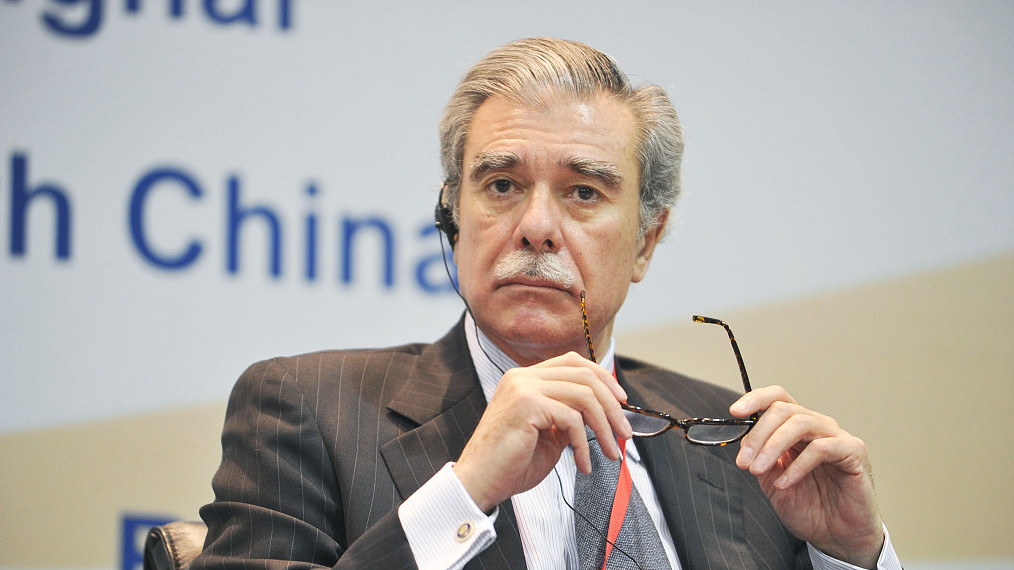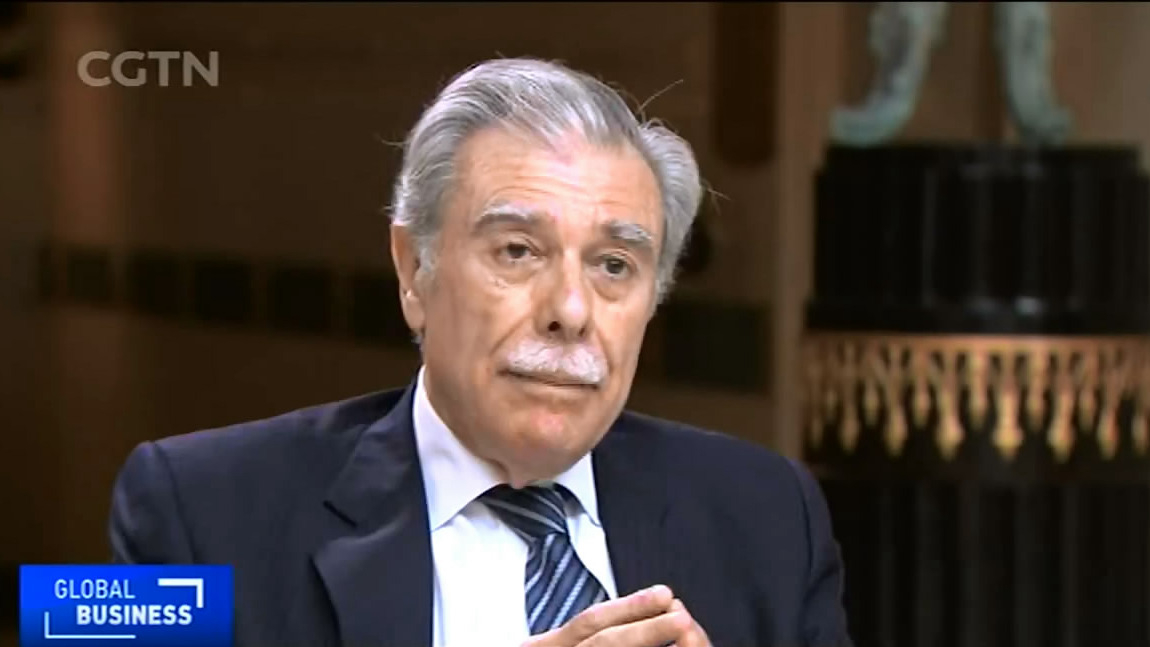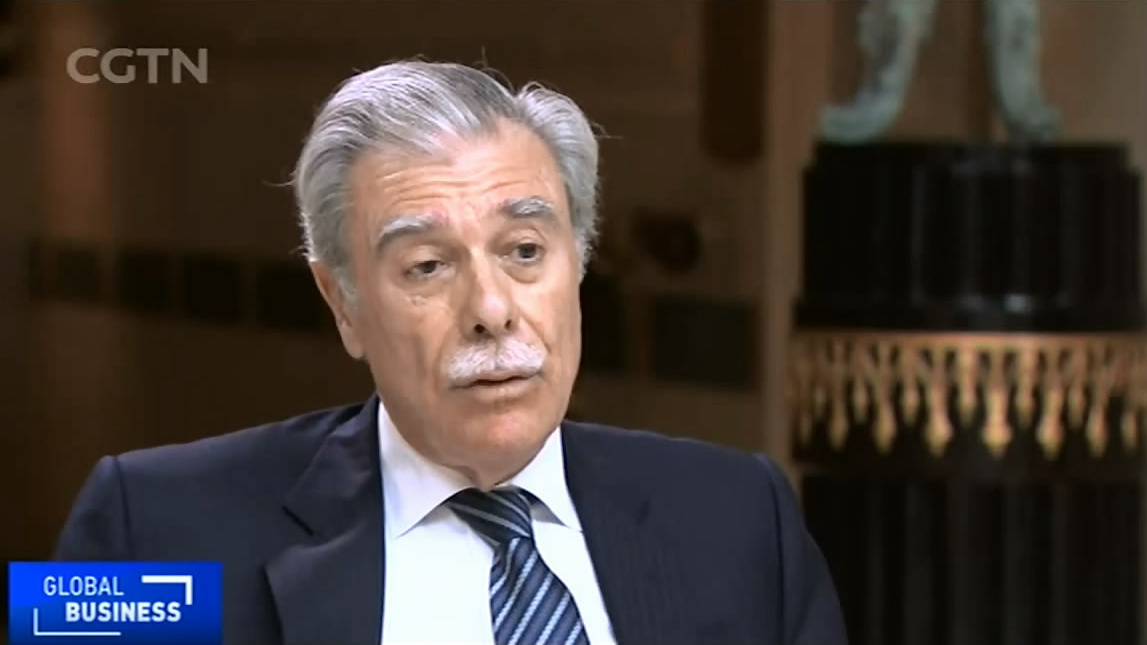

China and the United States are set to negotiate again on trade in October, after the October 1 tariffs imposition by Washington starts.
The world's two largest economies are at a point where decisions have to be made, Carlos Gutierrez, former U.S. commerce secretary and co-chair of Albright Stonebridge Group, said to CGTN. The former commercial chief also hopes that the deal to be made can be valid for the next ten years.
Gutierrez: Difficult but more understanding could be a good signal
Considering trade disputes have been escalating, Gutierrez thinks that "we are at a point where decisions have to be made if we want truth. That's the first step and hopefully we can get there."
As China and the U.S. will be back to the table in October, both countries are looking for some good faith gestures – the U.S. wants more purchases, especially agricultural products, while China prefers a commitment to no tariff escalation.
Gutierrez is concerned about an American action to raise tariffs again in October – before the talk – "just continues to make matters worse and more difficult to reverse."
Both sides have expressed that they are willing to endure the pain. Gutierrez hopes that public statements from both sides, suggesting that "no one is too eager" for a deal, are just rhetoric.

Carlos Gutierrez, former U.S. commerce secretary and co-chair of Albright Stonebridge Group, speaks with CGTN. /CGTN Photo
He stressed that both sides could understand "how important it is," and warned that "if the negotiations take place in an atmosphere where one side wants to claim absolute victory, that makes it more difficult."
Meanwhile, Gutierrez asked for a deal at least for the next decade.
"Let's have some kind of a deal. It will not be a deal for one hundred years or for 50 years, perhaps a deal for our time or for the next decade, because technology will advance, technology will change, the issues that we have will change also. We need to avoid this from becoming a normal part of the relationship between two countries which essentially lead the world," he stressed.
The former commerce secretary acknowledges that the process would be difficult, but added that more understanding could be a good signal for a deal before December – the time that another round of tariffs will happen.
He believes that economic realities would eventually bring both sides together, and hopes the two economies can work together on designing the future, which will benefit the World Trade Organization (WTO) reform and other economies in the global value chain.
"So if we could come to an agreement about how we want the future to look in 2030, or 2025, I think that would be an incredibly positive step forward," he noted.
Gutierrez: companies caught in the middle of trade war
The private sector has been caught in the middle of the fight between two giants but can do nothing about it, Gutierrez told CGTN.
He noted that all companies he talked to would like to stay in China, "as it's good for their shareholders, for their company, for the business."

Carlos Gutierrez, former U.S. commerce secretary and co-chair of Albright Stonebridge Group, speaks with CGTN. /CGTN Photo
In his opinion, trade tensions make businesses from both countries feel unsafe and tariffs put U.S. products in disadvantage.
"They are losing market share. The U.S. products are at a disadvantage in the short-term. In the long-term, five or ten years from now, can they recover their market share? That is a thought being discussed in a lot of boardrooms around the world and around the U.S." Gutierrez said.
As to the focused tech topic, he claimed that companies from both countries are stuck. Gutierrez further suggested that China and the U.S. should get an agreement on the technology issue, as having different regulations will hurt not only the sector but also the world.
"My hope is that it doesn't go on for decades. The short-term is difficult, but I think we have to start now to think about how we avoid this common issue that last for decades. And having different regulations for technology in different countries will hurt the world, because we don't give the world the benefits of scale. And that would be devastating not just for China and the U.S. but for the world that relies on the vibrancy of the Chinese and U.S. economy," Gutierrez told CGTN.
(CGTN's Xia Cheng also contributed to the story)

Copyright © 2018 CGTN. Beijing ICP prepared NO.16065310-3
Copyright © 2018 CGTN. Beijing ICP prepared NO.16065310-3